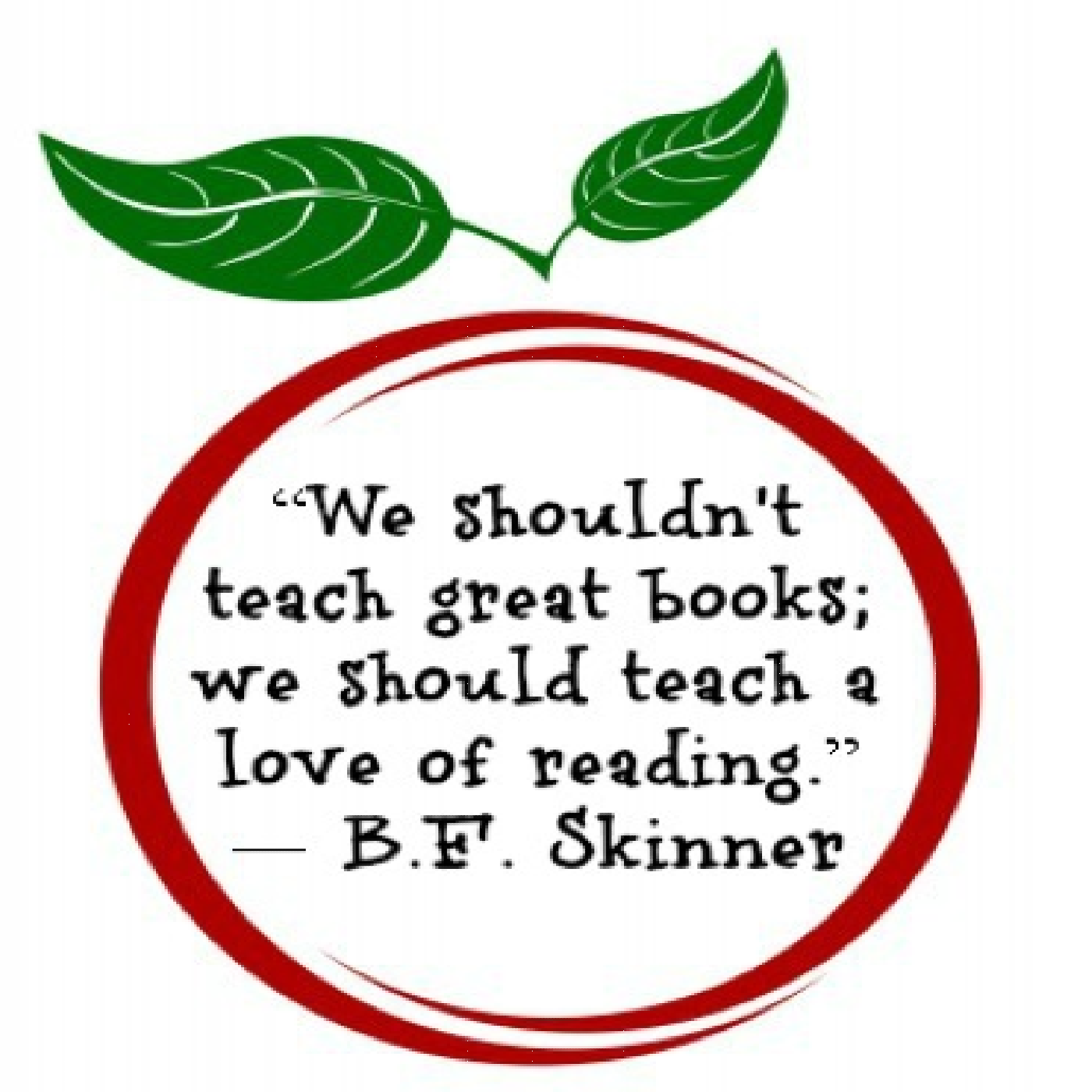
24.1K
Downloads
285
Episodes
The Chills at Will Podcast is a celebration of the visceral beauty of literature. This beauty will be examined through close reads of phrases and lines and passages from fiction and nonfiction that thrills the reader, so much so that he wants to read again and again to replicate that thrill. Each episode will focus on a different theme, such as "The Power of Flashback," "Understatement," "Cats in the Cradle," and "Chills at Will: Origin Story."
Episodes

Tuesday Aug 10, 2021
Tuesday Aug 10, 2021
Show Notes and Links to John Domini’s Work and Allusions/Texts from Episode 70
On Episode 70, Pete welcomes John Domini, author of 2021’s The Archaeology of a Good Ragú. The two talk about the structure of John’s book, his precise and beautiful writing, his father in both his Neapolitan and American lives, Napoli as a character with a tumultuous and joyous history and fraught present, and Napoli and John’s father and the ways in which they have shaped John.
John Domini is an Italian-American author, translator and critic who has been widely published in literary and news magazines, including The Paris Review,The New York Times, Ploughshares,The Washington Post, and Literary Hub. He is the author of three short story collections, four novels, and a memoir, The Archeology of a Good Ragu: Discovering Naples, My Father and Myself, available now wherever you buy books. Domini has also published one book of criticism, one book of poetry, and a memoir translated from Italian. He is a member of the National Book Critics Circle. Domini lives in Des Moines with his wife, the science fiction writer Lettie Prell.
Domini has taught American Literature and Creative Writing at many places, including Harvard University and Northwestern University. His work has earned praise from Richard Ford and Salman Rushdie, among many others.
Buy The Archaeology of a Good Ragú Through Amazon
Buy The Archaeology of a Good Ragú Through Bookshop
At about 2:00, John talks about his mindset and the experience of releasing a book during the pandemic
At about 7:10, John talks about the great gifts bestowed by his father, and the ways in which he allowed his son John to carve his own path and find his own calling; also, John talks about his father and the ways in which he was and wasn’t “Hollywood”
At about 9:50, Pete and John discuss John’s book, and great literature in general, as being
At about 12:25-14:00, Pete and John discuss their own experience with Italian men, like John’s father and Pete’s grandfather, who buck the trope of the domineering Italian patriarch
At about 14:00, John talks about how Stanley Tucci and his CNN show as representative of the shift in understanding of Italian masculinity
At about 15:00, John talks about his childhood reading and relationship with the written word, including a huge interest in Roger Angell and Kafka and Hemingway and the magic that mythology held for him
At about 18:55, John talks about studying with the great Donald Barthelme, John Barth, Stanley Elkin, and Anne Sexton
At about 21:20, John explains the meaning of “dietrologia” and its connections to his life and his book; he also describes why and how he uses Neapolitan aphorisms as chapter titles, and the abundance of Italian dialect
At about 25:35, Pete and John talk about bilingualism and its helpful effect on the speaker’s English vocabulary; the two focus on the etymology and contemporary usage of “mammone”
At about 28:40, Pete asks John the connections between bilingualism and one’s writing in his primary language; John cites Nabakov and his views on the “flexibility” of bilingualism
At about 36:20, John talks about various times in which he discovered that his writing skills could make him a living and make for a fulfilling career
At about 39:30, John talks about working with the great Susan Orlean at The Boston Globe
At about 41:25, Pete and John talk about Naples itself and its vitality and energetic nature, including the tough time Naples has had with COVID-19
At about 46:00, John reads and discusses the beginning of the book, including the epigraph from W.S. DiPiero and the first chapter aphorism: “Mo Lo Facc’ ”
At about 48:45, John reads from the first chapter
At about 51:25, Pete notes beautiful and compelling phrasing from John’s reading and John’s notes
At about 55:30, John shows and describes Pulcinella, a representative of Naples and its ethos
At about 56:30, John and Pete discuss the book’s structure and the flashbacks and aphorisms and how they add to the greatness of the book
At about 57:55, John talks about “pulling a story out of a mass of material” in deciding that the book would be a memoir
At about 1:01:05, Pete and John laugh over an anecdote from the section on “love” in the book, and then talk about John’s father and his view of romance
Pete links the book to the writing of Roberto Saviano, especially his epic Gomorrah
At about 1:07:35, John talks about an aphorism used in the book that concerns the octopus
At about 1:09:10, John describes the section of the book (the excerpt was published in LitHub) that relates to the aphorism about laughing and crying in relation to the Neapolitan Camorra
At about 1:10:20, John explains his interactions with the artistic side of Naples and his encounter with Paolo Sorrentino
At about 1:15:40, Pete talks about the cornuto being “lost in translation”
At about 1:17:00, John discusses the section of the book dealing with the quiet but pervasive reach of the Camorra, even within the lives of John’s relatives
At about 1:22:00, John explains the section of the book that deals with the aphorism “Natale con i tuoi, Pasqua con chi vuoi” and connects it to contemporary immigration to Italy and his father’s own past and immigration story
At about 1:26:00, Pete and John connect the book’s immigration section to the classic Italian movie Lamerica
At about 1:28:00, John reflects on what he sees as visits/messages from his father after his father’s passing
At about 1:29:05, John discusses on Part V of the book
At about 1:30:35, John gives background on the Four Days, an uprising in Naples that left a huge impression on his father and on Naples as a whole; John talks about the experience of seeing the movie with his father, and recommends some good Rossellini post-war movies
At about 1:33:45, John connects Los Angeles and Naples and their immigrant histories in talking about his father, him, and his daughter
At about 1:35:00, John talks about his family’s religious history, his last name, and the iteration it took on when his father immigrated
At about 1:39:00, John talks about future projects and his continuing work
You can now subscribe to the podcast on Apple Podcasts, and leave a five-star review. You can also ask for the podcast by name using Alexa, and find the pod on Spotify and on Amazon Music. Follow The Chills at Will Podcast on IG,, where I'm @chillsatwillpodcast, or on Twitter, where I’m @chillsatwillpo1. You can find this and other episodes on The Chills at Will Podcast YouTube Channel. Please subscribe while you’re there.
This is a passion project of mine, a DIY operation, and I’d love for your help in promoting what I’m convinced is a unique and spirited look at an often-ignored art form.
The intro song for The Chills at Will Podcast is “Wind Down” (Instrumental Version), and the other song played on this episode was “Hoops” (Instrumental)” by Matt Weidauer, and both songs are used through ArchesAudio.com.

Comments (0)
To leave or reply to comments, please download free Podbean or
No Comments
To leave or reply to comments,
please download free Podbean App.